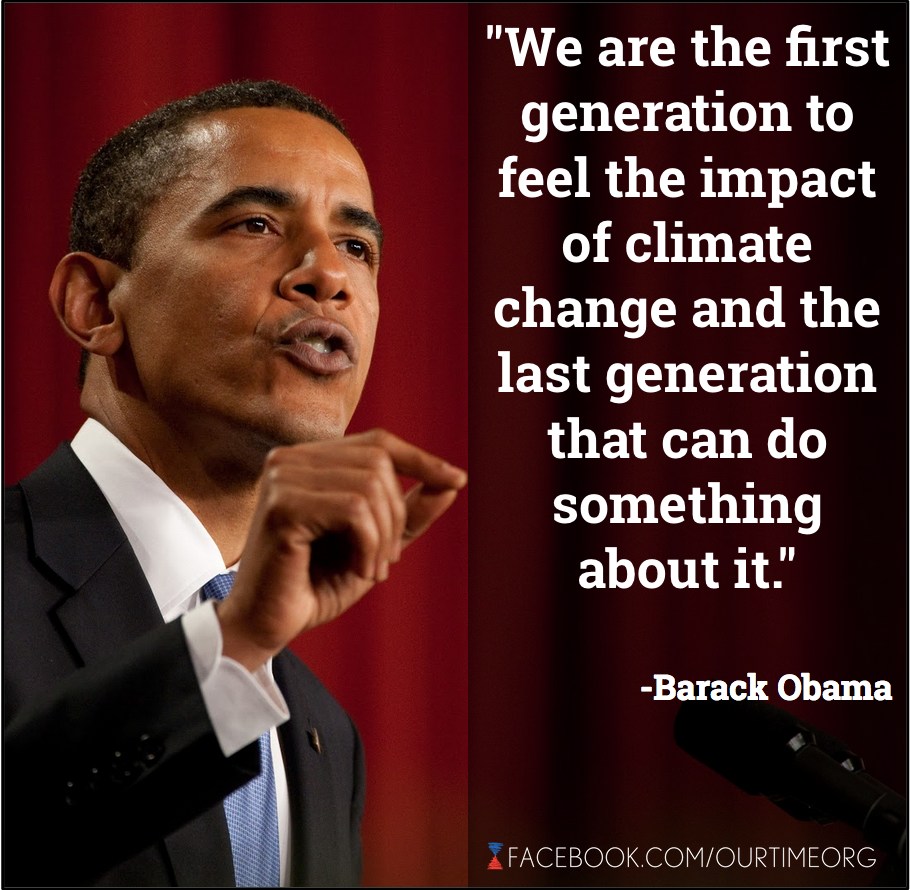Happy New Year! Looking to go green as a New Year’s resolution? There are many different ways to help the environment, animals, plants and the planet by changing everyday habits.
While helping to reduce your carbon footprint, many of these simple steps will also help you to save money and live a healthier lifestyle.
1. Reduce, reuse, recycle
The average American generates 4.4 pounds of trash per day, adding to the grand total of about 254 million tons of trash the United States alone accumulates per year.
Discover how your trash can get another life and learn how to recycle in your area.
To reduce waste, bring bags to the grocery store instead of using their plastic bags.
You can also reduce your environmental impact by using less hot water. It takes a lot of energy to heat water. Decreasing the amount of water usage means big savings not only in energy bills, but also in carbon dioxide emissions. Using cold water for your wash saves 500 pounds of carbon dioxide a year.
Also, you can make simple changes to your house and appliances. Switching to a low-flow shower head can reduce 350 pounds of carbon dioxide emissions per year.
Adjust your thermostat. Adjusting the temperature setting could reduce carbon dioxide emissions by up to 2,000 pounds a year.
Reuse materials instead of throwing them away or pass those materials on to others who could use them too. Wash and reuse disposables like plastic cups, plates, utensils and plastic food storage bags.
Limiting your waste by reusing and recycling can make a big impact on the environment. Reducing trash by 10 percent reduces carbon dioxide emissions by 1,200 pounds.
2. Transportation
Noise and carbon dioxide emissions are known to have direct harmful effects, so make wise transportation choices. Instead of driving everywhere, walk, bike, carpool or take mass transit instead. All of these things can help reduce gas consumption as well as reduce 1 pound of carbon dioxide emission for each mile you do not drive.
3. Diet
Eating less meat and eating less in general can also help you to become more environmentally friendly. A 2011 study by the Food and Agriculture Organization found that one third of food produced for human consumption is lost or wasted globally. That’s roughly 1.3 billion tons of food per year.
A study by the journal Climatic Change shows switching to a diet free of meat, dairy and eggs saves more carbon emissions than driving a Prius. The meat industry alone is a substantial contributor to greenhouse gas emissions such as carbon dioxide, nitrous oxide and methane.
Factory farming reduced the amount of land needed for meat production; however, these farms are a source for air and water pollution.
Increasingly, the food we eat comes from far away. Shipping our food long distances and processing it not only contributes to air and water pollution but also depletes the food of nutrients.
You can help fight this problem by choosing locally-produced food at farmers’ markets as well as choosing organic over non-organic
food. Organic food produced without the use of chemicals dramatically reduces water, soil and air pollution. Organic food production reduces the pressure on ecosystems by avoiding the use of the toxic agricultural chemicals.
4. Donate
To help give the planet and its ecosystems a better chance of surviving the effects of climate change, you can support environmental groups.
Contributions also support local economies and ensure that businesses can operate when relief supplies diminish. Make sure to send money to a reputable charity.
5. Volunteer
Protect animal habitats by giving time and treating the Earth’s delicate ecosystems with care.
Plant a tree, since a single tree can absorb a ton of carbon dioxide over its lifetime. Many groups plant trees to help combat climate change, produce oxygen, reduce pollution caused by water runoff, clean pollutants from the air, prevent soil erosion, provide vital wildlife habitats and more.
People can also volunteer their time to groups which work to protect plants, animals and the ocean. Projects Abroad lets people travel and volunteer all over the world in beautiful places.
Source: Click Here

